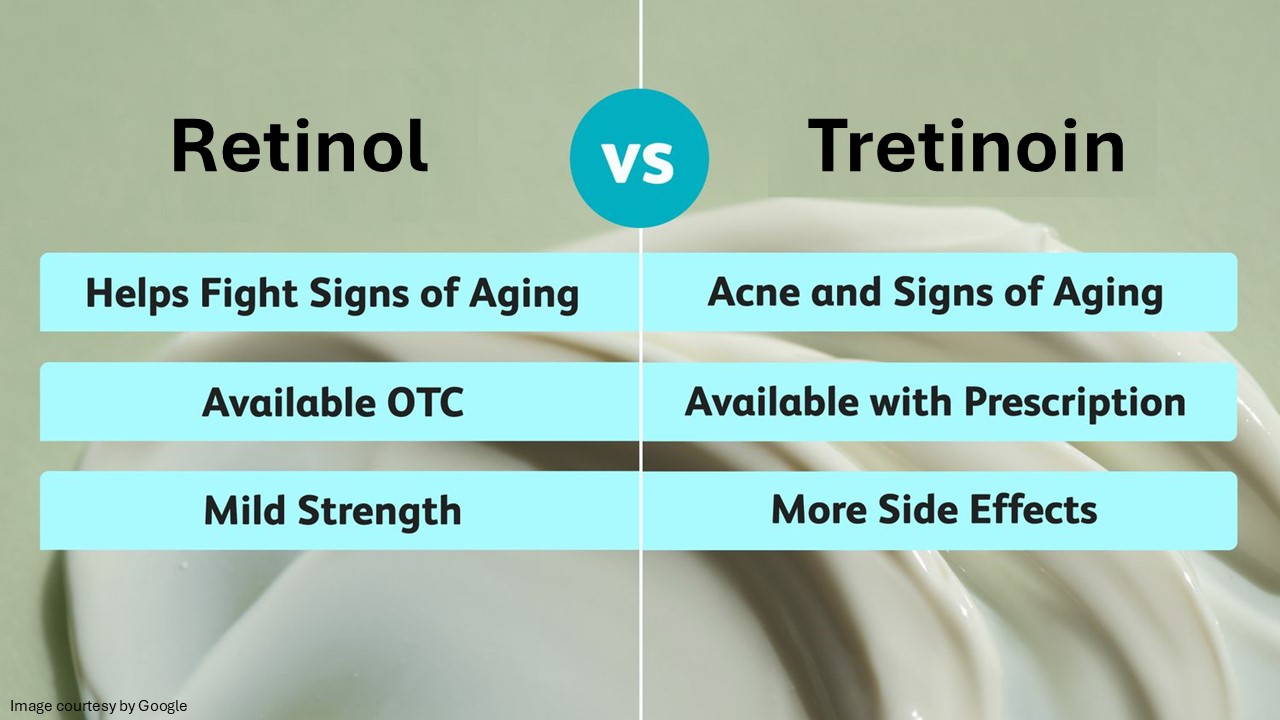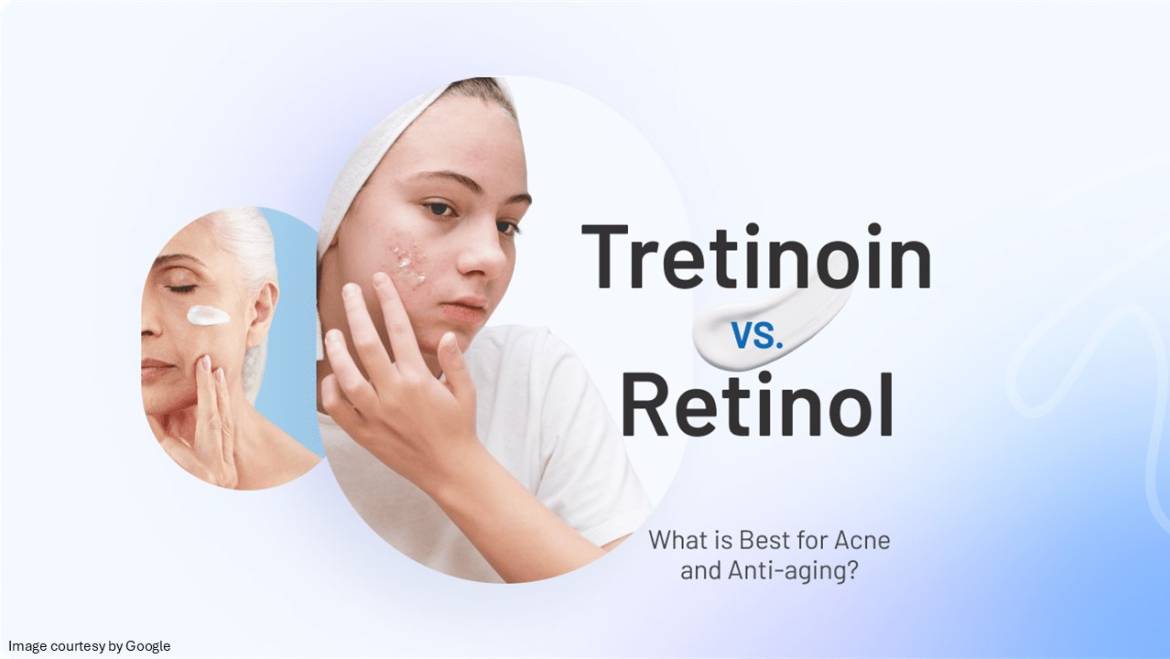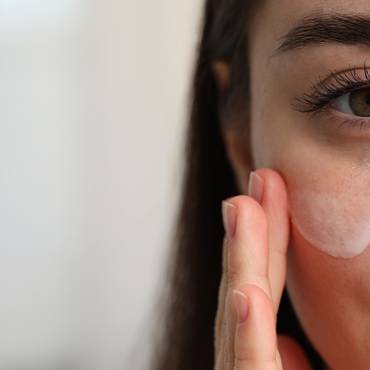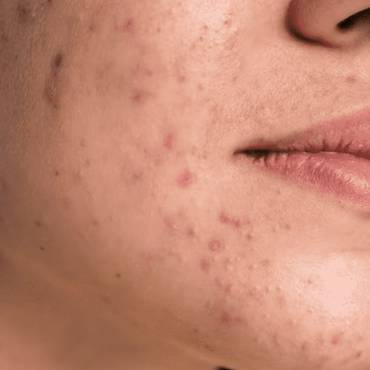What is Tretinoin cream – Tretinoin is a medication used to treat acne and skin tan. This medication can potentially improve the appearance of surface wrinkles, fine lines, and blackheads or dark spots. Tretinoin, also known as retinoic acid, is a generic version of synthetic vitamin A. It’s sold under many different brand names. Retin-A is one of those brand names which shouldn’t be confused with retinol. Tretinoin cream 0.05% is actively used in Retin-A brand skincare products. You can experience changes in your skin tone with tretinoin before and after a few weeks of application, as it removes acne and wrinkles to a good extent. Tretinoin cream 0.025 and tretinoin 0.05 strengths are popularly used in anti-aging beauty products.
Similarly, retinol is also a derivative of vitamin A and is widely known as an effective component that offers good skincare. This element is very popular in the skincare industry as it supports graceful aging and improves skin tone. Retinol is part of a group of components known as retinoids, used in over-the-counter and prescription products. Retinol is widely used in beautifying materials in the form of liquid serum, gel, cream, and emollient. You can apply these products topically to reap the many benefits for the health of your skin.
Tretinoin vs Retinol:
Tretinoin and retinol are retinoids that help treat acne and aging signs, but they both have some key differences. Tretinoin is a prescription retinoid stronger than retinol (an over-the-counter product). Retinol is a derived form of Vitamin A, while tretinoin is synthetic. Tretinoin is absorbed by the skin more easily, a pure retinoic acid that leads to faster results. Retinol has less side effects than tretinoin. To avoid tretinoin cream side effects, use it when prescribed.
How retinol and tretinoin work:
Retinol penetrates the skin and promotes cell turnover, which helps remove dead skin cells and encourages the growth of new and healthier cells. This vitamin A derivative stimulates collagen production, improving the appearance of fine lines and removing wrinkles. Moreover, retinol can effectively unclog skin pores, which further helps treat acne and blackheads. Tretinoin also accelerates skin cell turnover by shedding old or dead skin cells and promoting the generation of new skin cells. It stimulates collagen production, which helps you improve skin texture, reduce wrinkles, and enhance skin firmness. In some cases, tretinoin works more quickly and deeply within the skin than over-the-counter retinol products. You can feel the changes when using tretinoin before and after wrinkles fade within a few weeks.
Retinol and Tretinoin cream uses
Retinol and tretinoin come under the retinoid category, meaning both compounds are derivatives of vitamin A and are commonly used in many skincare products.
Everyone’s skin tone differs, but its sensitivity to UV rays, moisture, and dust remains almost the same. Your skin is not immune to the effects of sunlight, stress, and natural aging. You can use a retinoid product to mitigate the impact of these factors. Retinoid creams and tretinoin gels offer good anti-aging solutions. Tretinoin is also known as all-trans retinoic acid (ATRA), and tretinoin cream 0.025/0.05 is available in many skincare product brands like Retin-A. This element promotes hyperpigmentation, melasma, and skin turnover. In addition, tretinoin cream is effective for protecting your skin from sun damage and removing rough patches. Tretinoin gel is proven effective in treating acne by preventing the formation of new pimples and blackheads and reducing the area of the existing acne spots.
Retinol can potentially increase skin cell production or proliferation and unclog skin pores. The exfoliation of your skin, along with an increment in collagen production, reduces the appearance of fine lines, black spots, and wrinkles. Therefore, your skin looks fresher, smoother, plump and healthier.

Retinol and Tretinoin side effects
Some common side effects of retinol include skin dryness, redness, and peeling, especially during the first few weeks of use. Users could experience increased sensitivity to the sun, so they can use sunscreen creams when using retinol products. Talking about the side effects of tretinoin cream, users could experience skin irritation, dryness, redness, peeling, and flaking during the first few weeks of application, but such cases are rare. You may also experience sun sensitivity initially. It is recommended to use daily, but softly apply this cream every other day and let your skin adjust during the initial days.
How to use tretinoin cream and retinol products?
Take a pea-sized amount of tretinoin cream to clean your skin. You should use moisturizer to help combat dryness and irritation of the skin. Use it softly before bed at night, and try to protect your skin from exposure to piercing UV rays. Similarly, you can use retinol products with a low concentration at night. Use moisturizer and sunscreen to get better results within a few weeks.
What is the best to use Tretinoin or Retinol?
Tretinoin is found to be significantly more potent than retinol. While retinol must be converted into retinoic acid in the skin, tretinoin is already in its active form and works more directly.
If you think about how to get tretinoin products, they can be accessed easily. They are usually available only by prescription, whereas retinol can be found in over-the-counter products. Tretinoin typically shows faster and more pronounced results but comes with the chance of skin irritation. Alldaychemist offers authentic skin-treating medicines, topical formulations, and more at affordable prices.
admin
Latest posts by admin (see all)
- What is Triluma Cream? Uses, Benefits, and How It Works for Skin - December 26, 2024
- What Causes Dark Spots? Understanding the Science of Hyperpigmentation and How Skin Lightening Products Help - December 26, 2024
- Tretinoin Gel vs. Cream: Which Formulation is Right for Your Skin? - December 20, 2024



